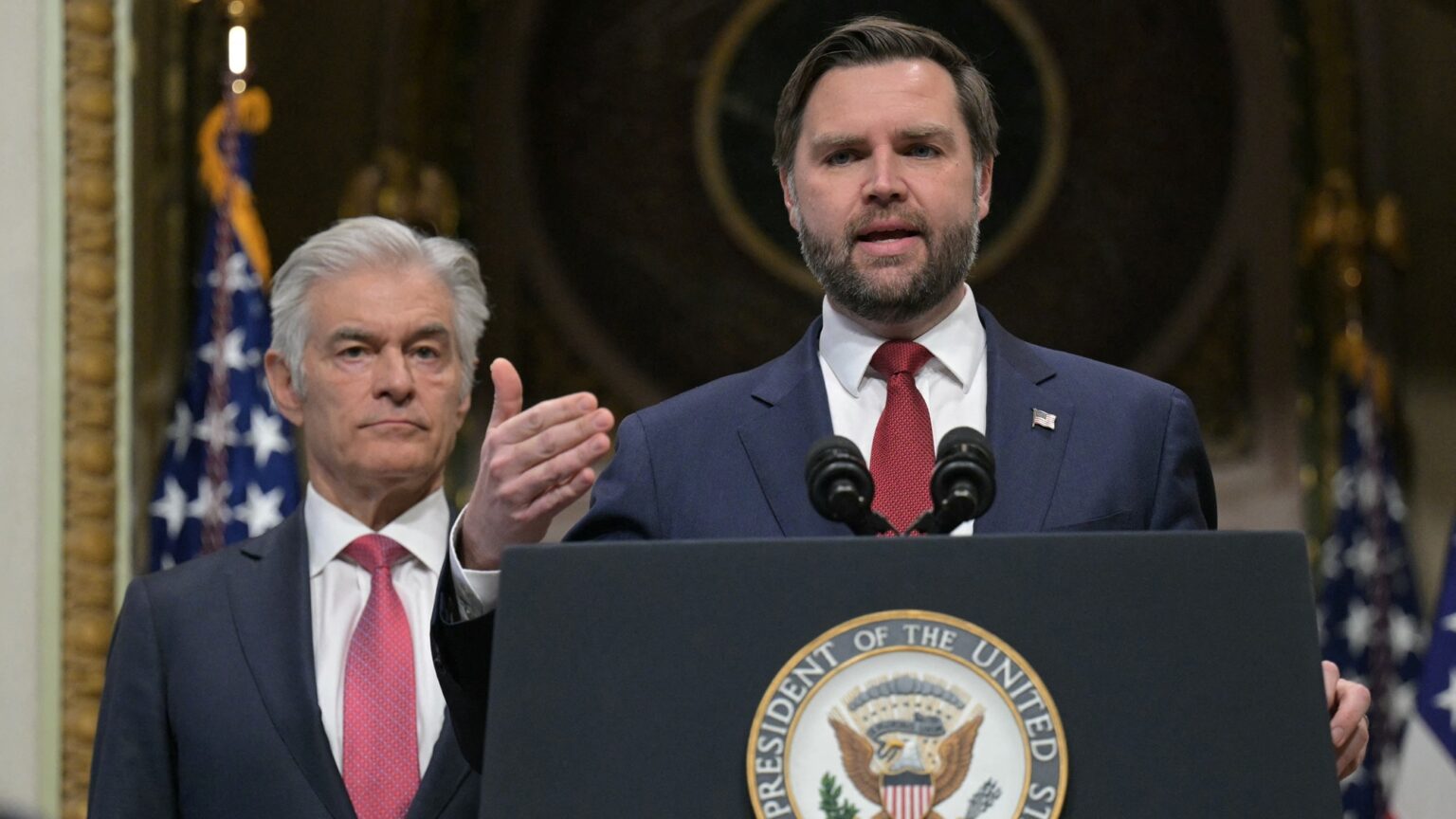
US Vice President JD Vance has been tasked with leading the new ‘War on Fraud’ ininative in the counrty, as President Trump has announced in his State of the Union address. As the first step, Vice President Vance has shared that the federal government will be halting $259.5 millon in Medicaid funds to Minnesota due to concerns over widespread fraud.
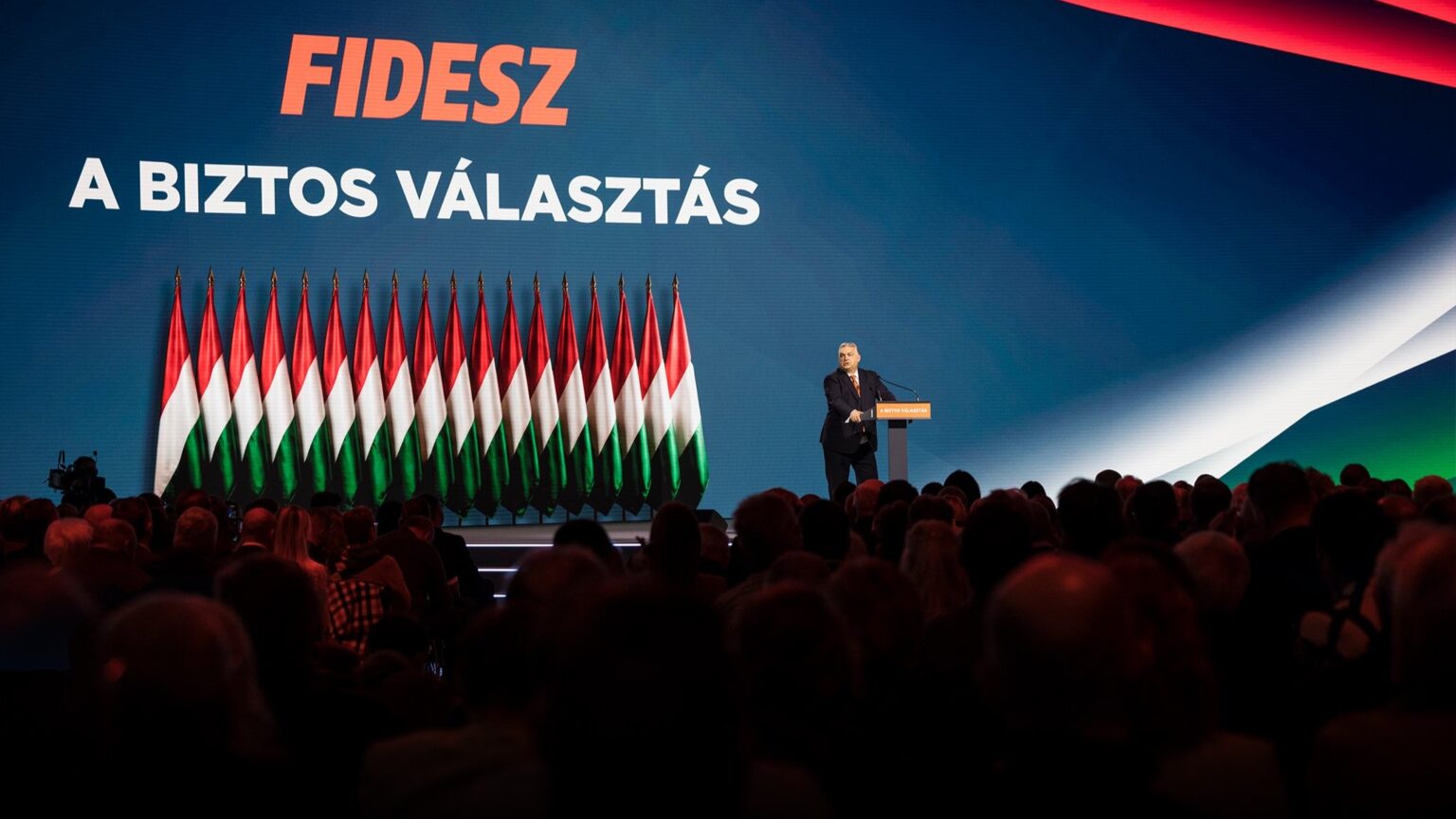
Hungary’s election campaign is entering a decisive phase as fresh polling by Nézőpont Institute gives Fidesz–KDNP a five-point advantage over the opposition Tisza party. With energy security and foreign pressure dominating political discourse, the latest figures point to a closely contested race, with Viktor Orbán still steadily leading.

An anonymous EU diplomat source told POLITICO that Brussels will be seeking a compromise with Hungary on the issue of the inoperational Druzhba Pipeline in Ukraine, as opposed to threatening them with more punitive action. According to the piece, the EU leadership is doing so in order to avoid helping PM Orbán of Hungary’s re-election chances in April.
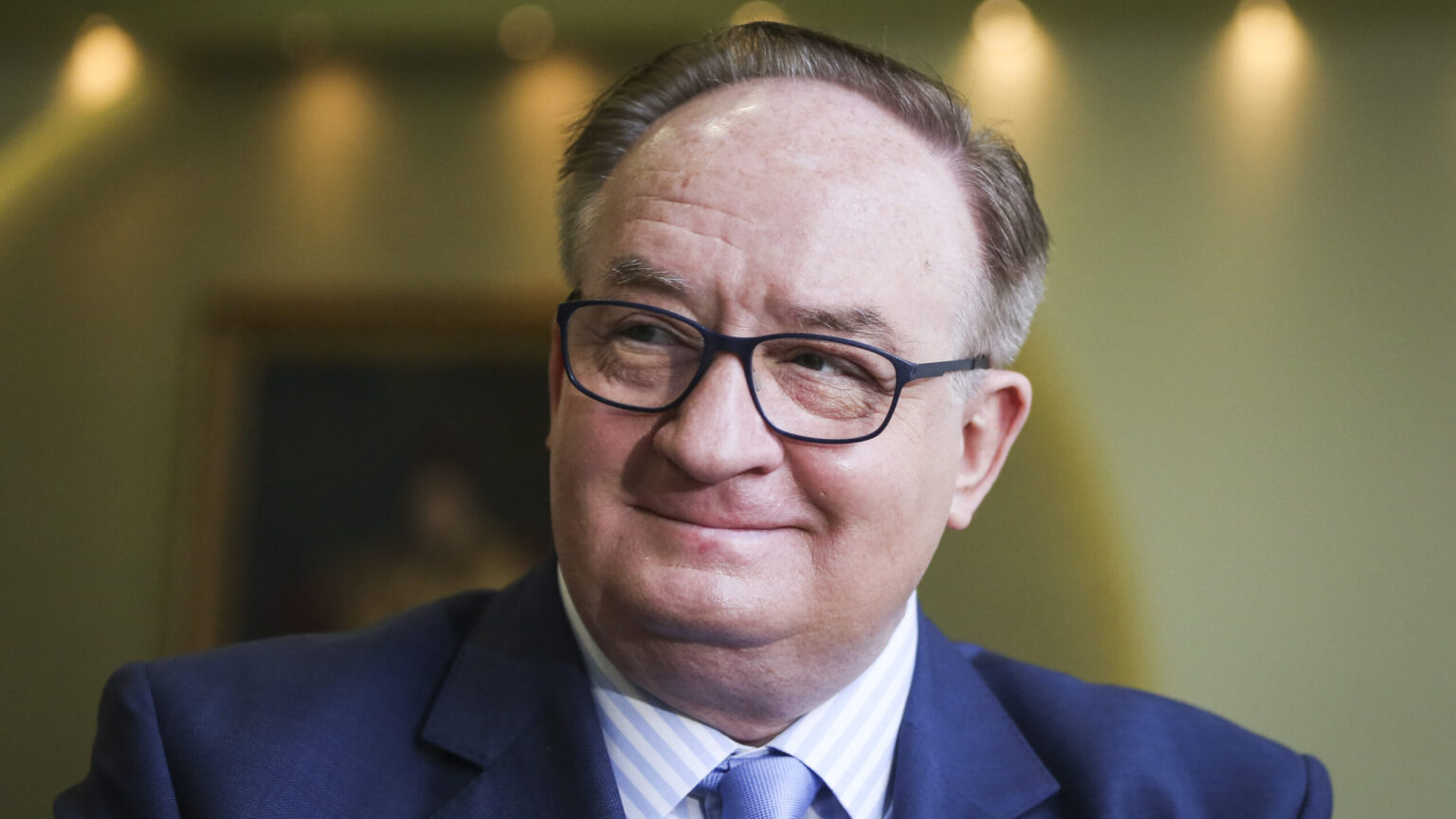
Foreign policy adviser to Polish President Karol Nawrocki has backed Viktor Orbán’s claim that Ukraine deliberately halted oil transit through the Druzhba pipeline to pressure Hungary ahead of its April election. In a radio interview, Jacek Saryusz-Wolski also suggested the disruption could be part of a broader political operation involving Brussels.
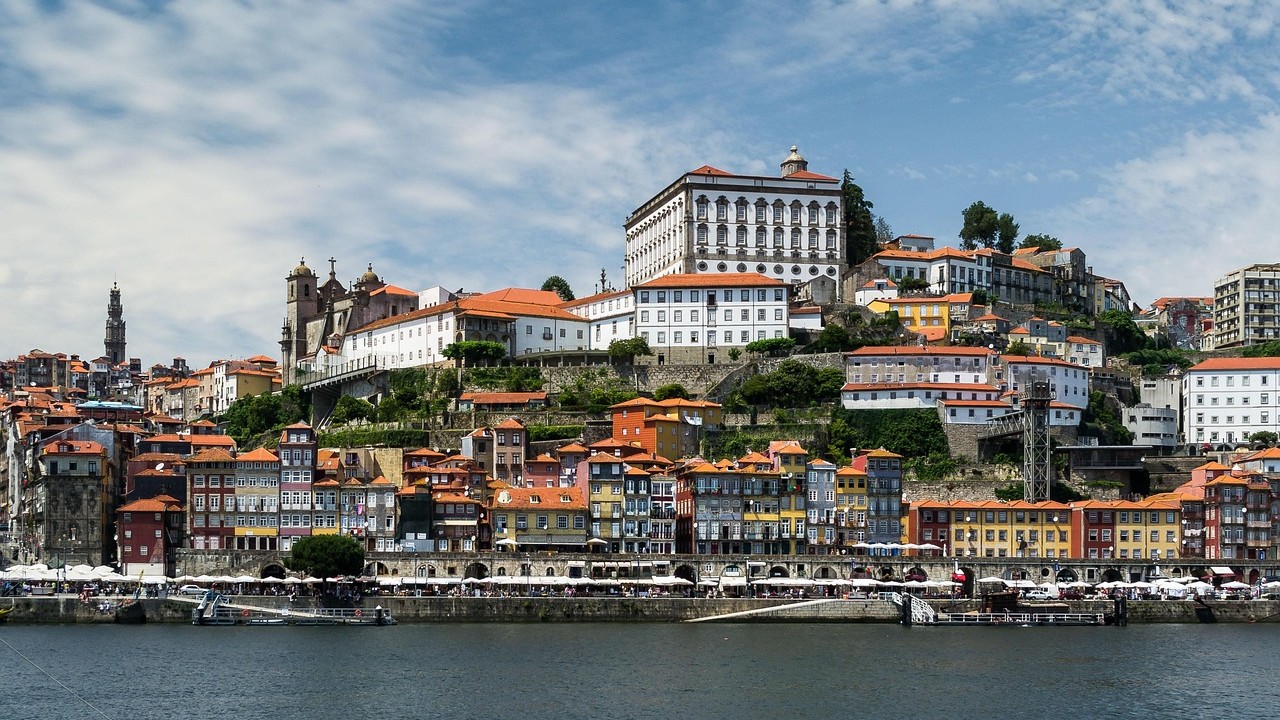
‘The expansion of powers cannot take place without the explicit confirmation of member state consent—otherwise, integration will gradually become detached from national democratic legitimacy.’

Net wages in Hungary have been increasing faster than gross pay for months, a government official said, attributing the trend to family policy measures and pointing to continued wage growth and improving real earnings across the country.
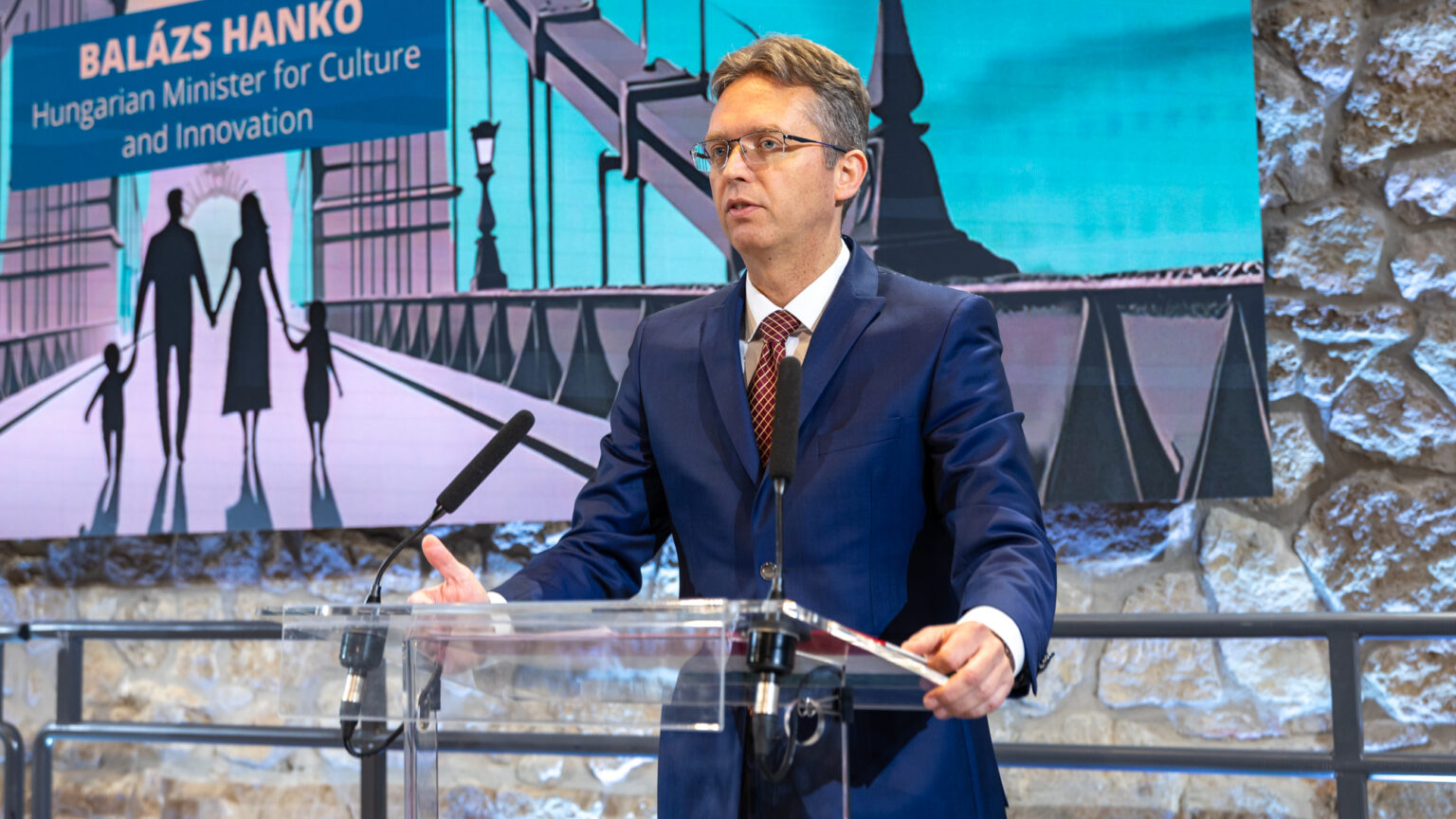
Minister of Culture and Innovation Balázs Hankó of Hungary has announced a major increase in scholarship payments to Hungarian university students. The payments to high-achieving students will be raised by at least 50 per cent at each Hungarian university.
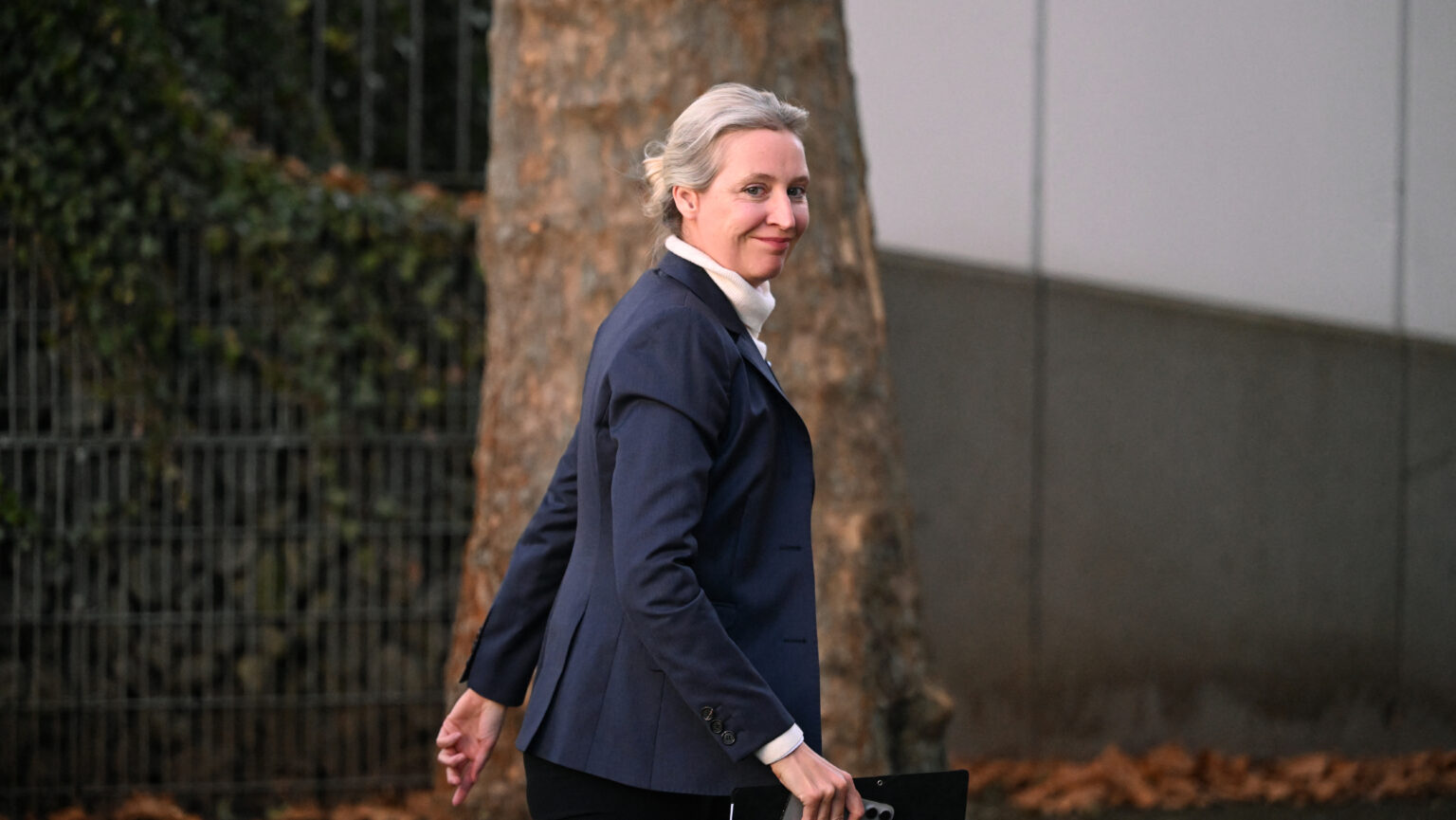
AfD co-chair Alice Weidel has accused the European Union of attempting to influence Hungary’s upcoming election by manipulating polling data and supporting Kyiv in blocking oil transit through Druzhba pipeline. Her remarks come amid controversy over surveys showing an unrealistically large lead for Péter Magyar’s Tisza party.

Budapest’s transport authority could begin procurement for a citywide electronic ticketing system after the municipal assembly backed the concept, with bank card based Pay and Go payments expected to appear gradually across the network from 2028.
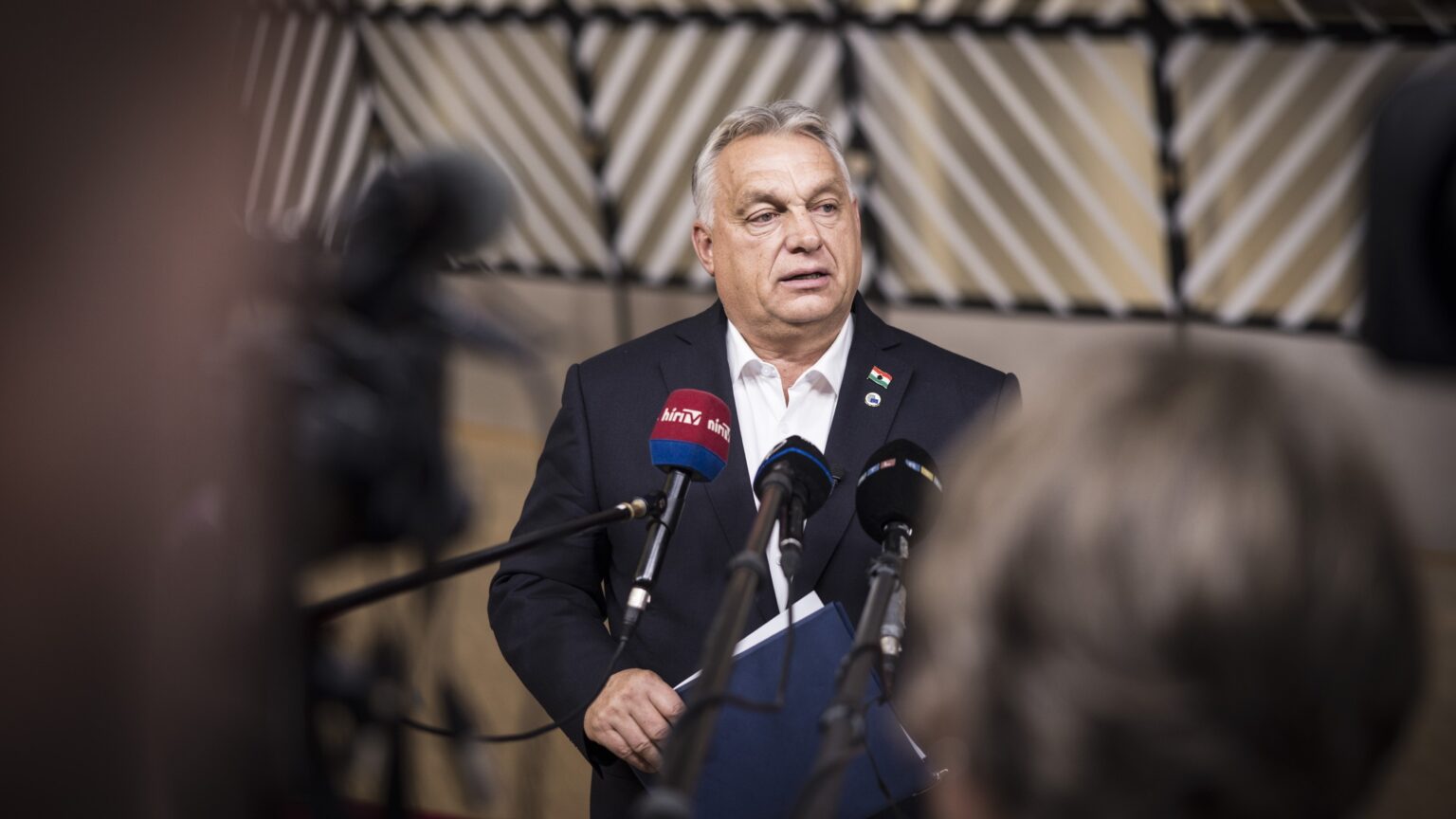
Hungarian Prime Minister Viktor Orbán called on Ukrainian President Volodimir Zelenskyy to reopen the Druzhba oil pipeline and stop actions he says threaten Hungary’s energy security, in an open letter published on Facebook on Thursday.

‘The debate unfolding in Brussels is not merely institutional. It is existential. For what does European solidarity actually mean? Is it financial redistribution? Political endorsement? Or does it ultimately imply the willingness of armies and citizens to fight—and potentially die—for causes beyond their national borders—and, frankly, their national interest?’
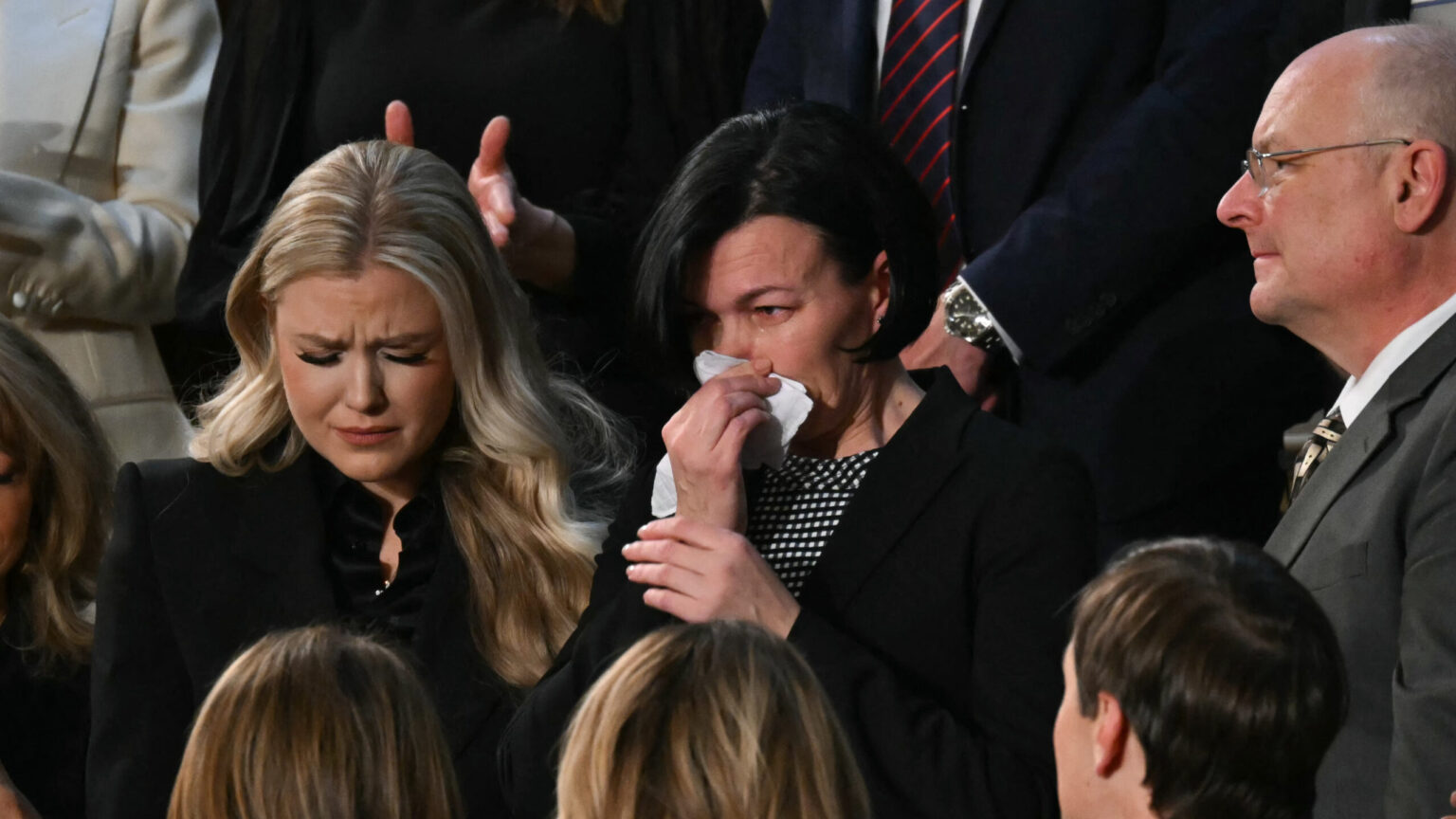
Democrat lawmakers remained seated during a tribute to murdered 23-year-old Ukrainian refugee Iryna Zarutska at President Donald Trump’s State of the Union address, prompting a sharp reaction from the president and outrage on social media.
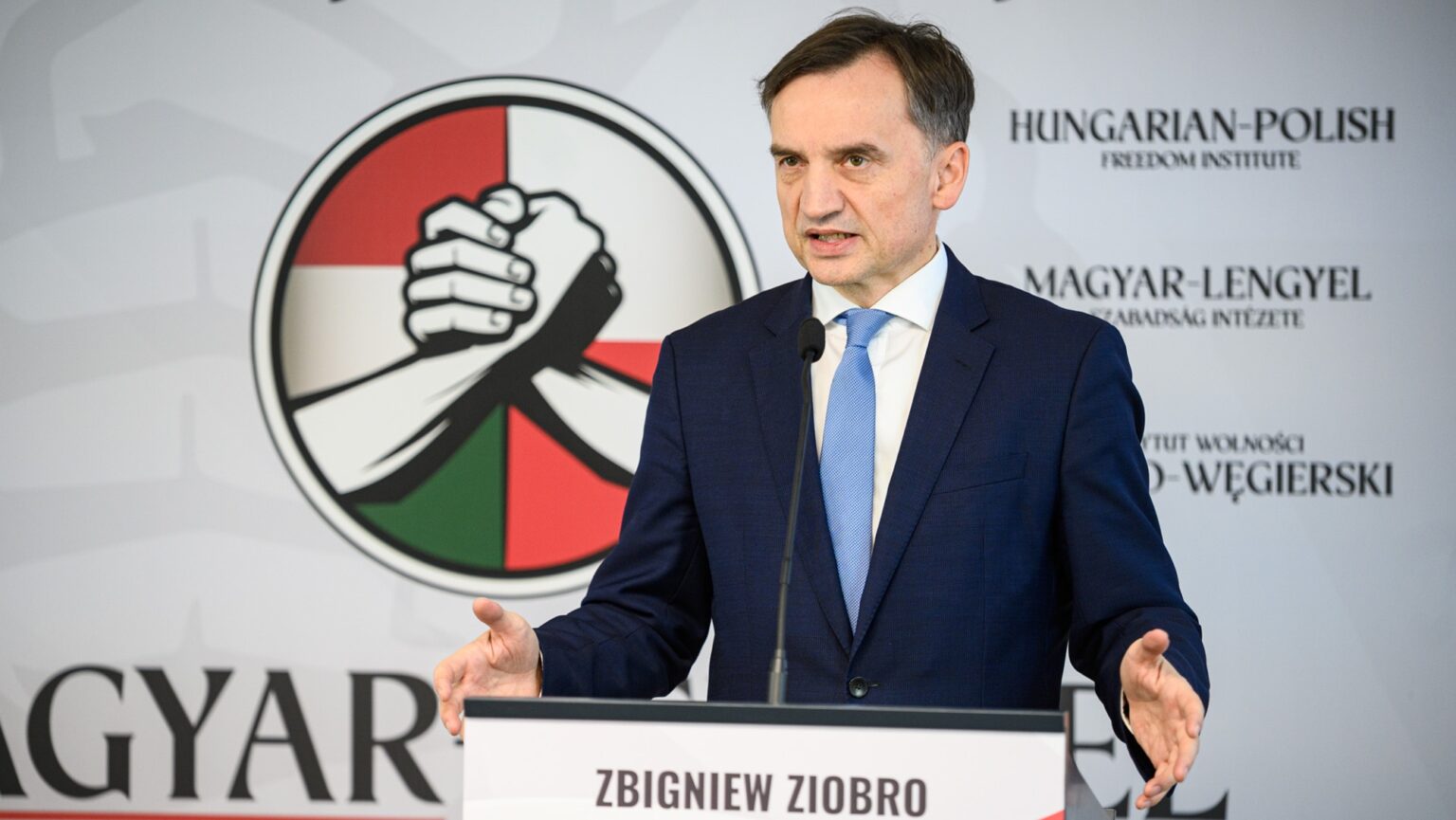
MP and Former Minister of Justice Zbigniew Ziobro of Poland sharply criticized Hungarian prime ministerial candidate Péter Magyar of the Tisza Party after he admitted attending a party where drugs were present. MP Ziobro questioned Magyar’s fitness for leadership and accused him of ignoring the dangers posed by organized crime and addiction.
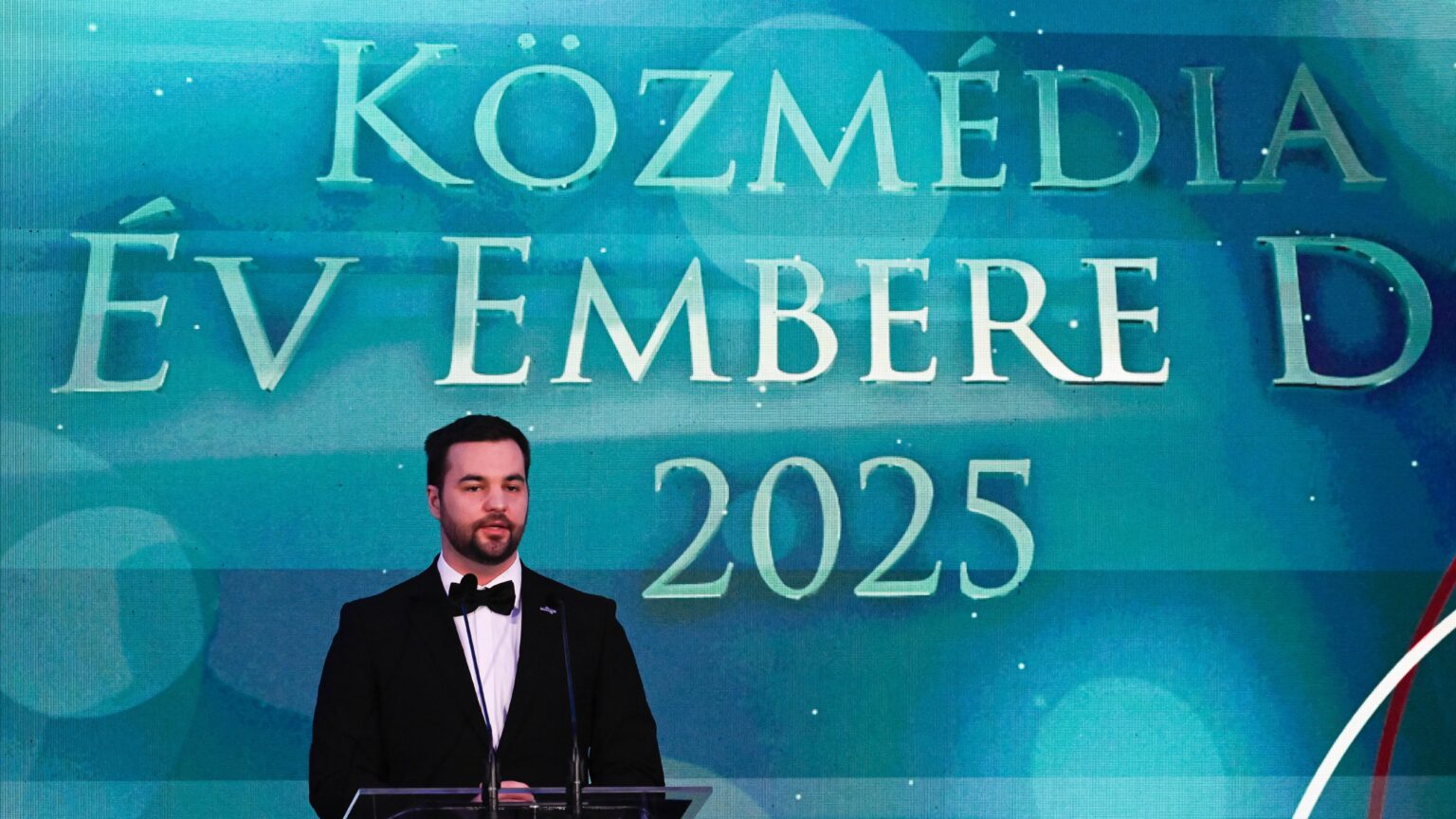
Hungarian research astronaut Tibor Kapu said the HUNOR national astronaut programme marked the first step toward a much larger space effort, adding that work is already under way on future missions and new scientific experiments involving Hungarian teams.
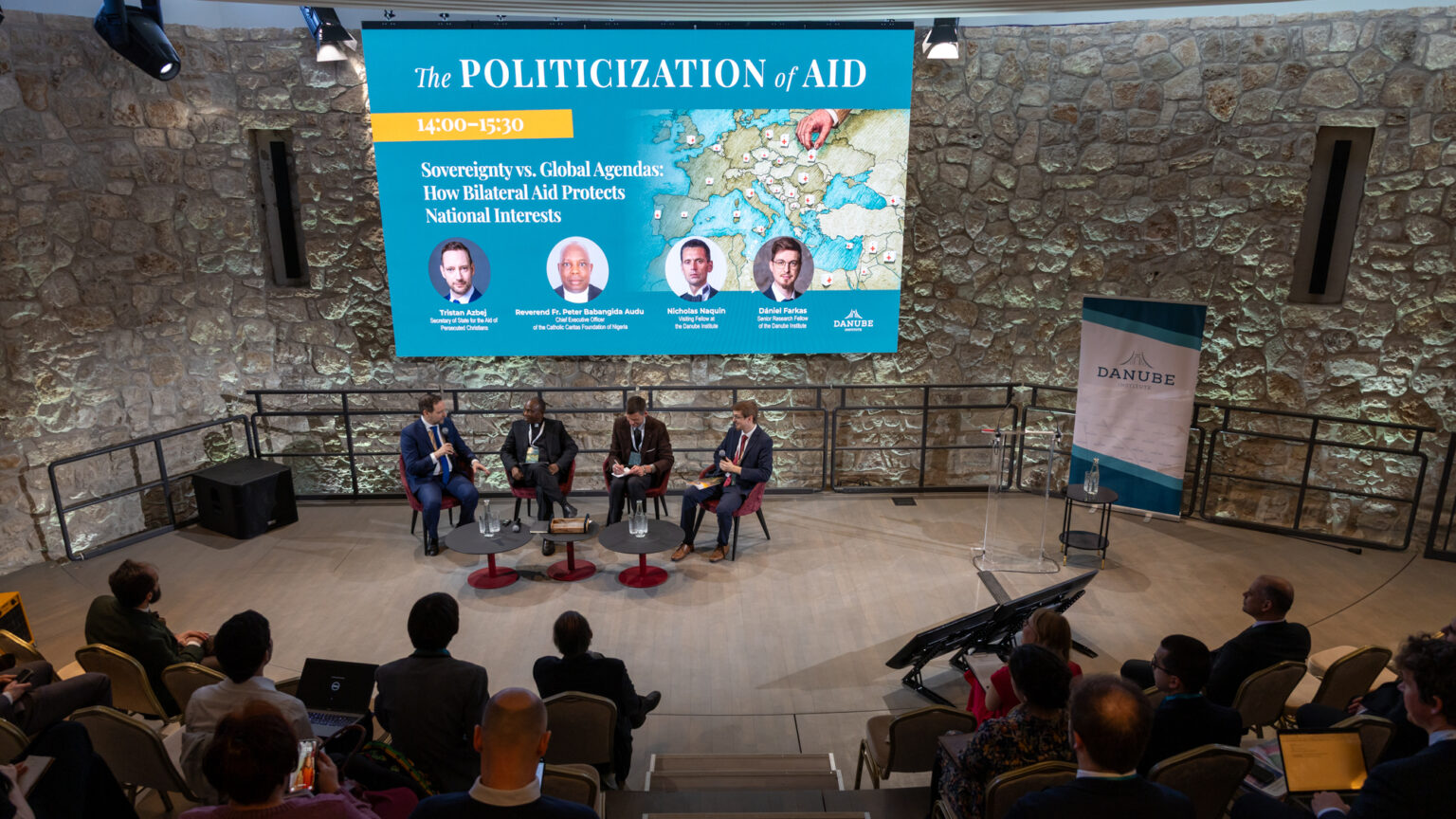
Bilateral aid models took centre stage at the Danube Institute, where experts argued that direct, community-based assistance outperforms multilateral programmes burdened by bureaucracy. Hungary Helps, an aid programme launched by the Hungarian government in 2017, was presented as a sovereign, efficient alternative to global aid structures.
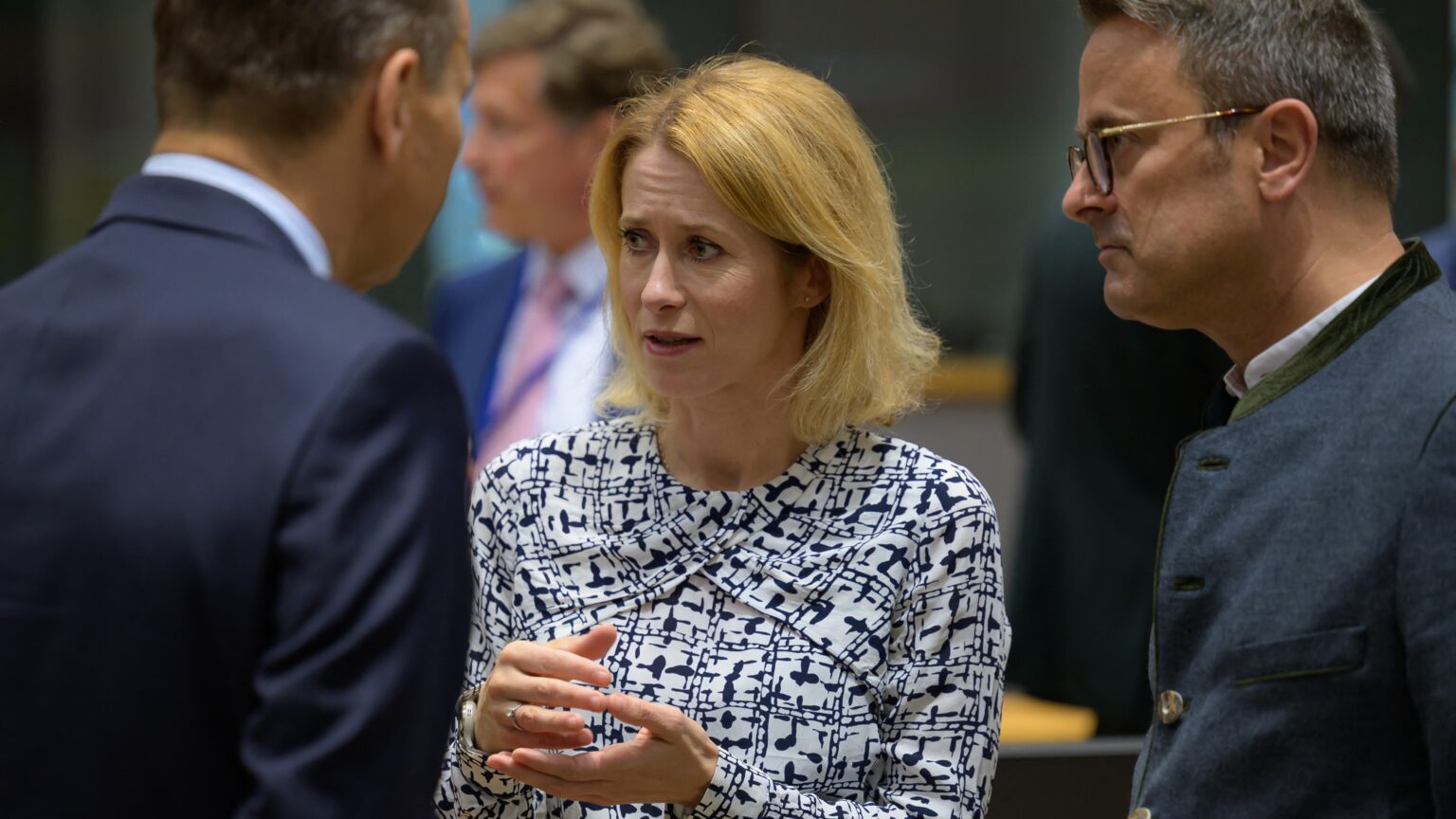
Hungarian Minister for Foreign Affairs and Trade Péter Szijjártó claimed that EU foreign policy chief Kaja Kallas suggested Hungary and Slovakia should send troops to Ukraine, marking what he described as a new level of pressure from Brussels.
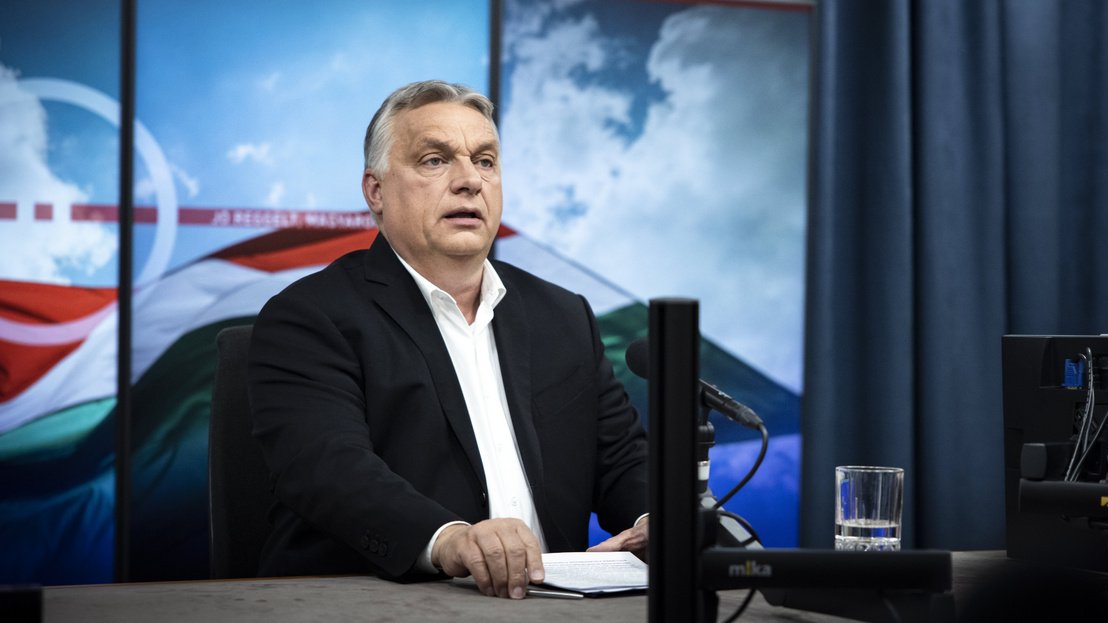
Prime Minister Viktor Orbán has ordered reinforced protection of Hungary’s critical energy infrastructure, citing intelligence reports of possible Ukrainian sabotage. The move comes amid escalating tensions over the Druzhba pipeline and accusations that Kyiv is using energy pressure to interfere in Hungary’s upcoming election.
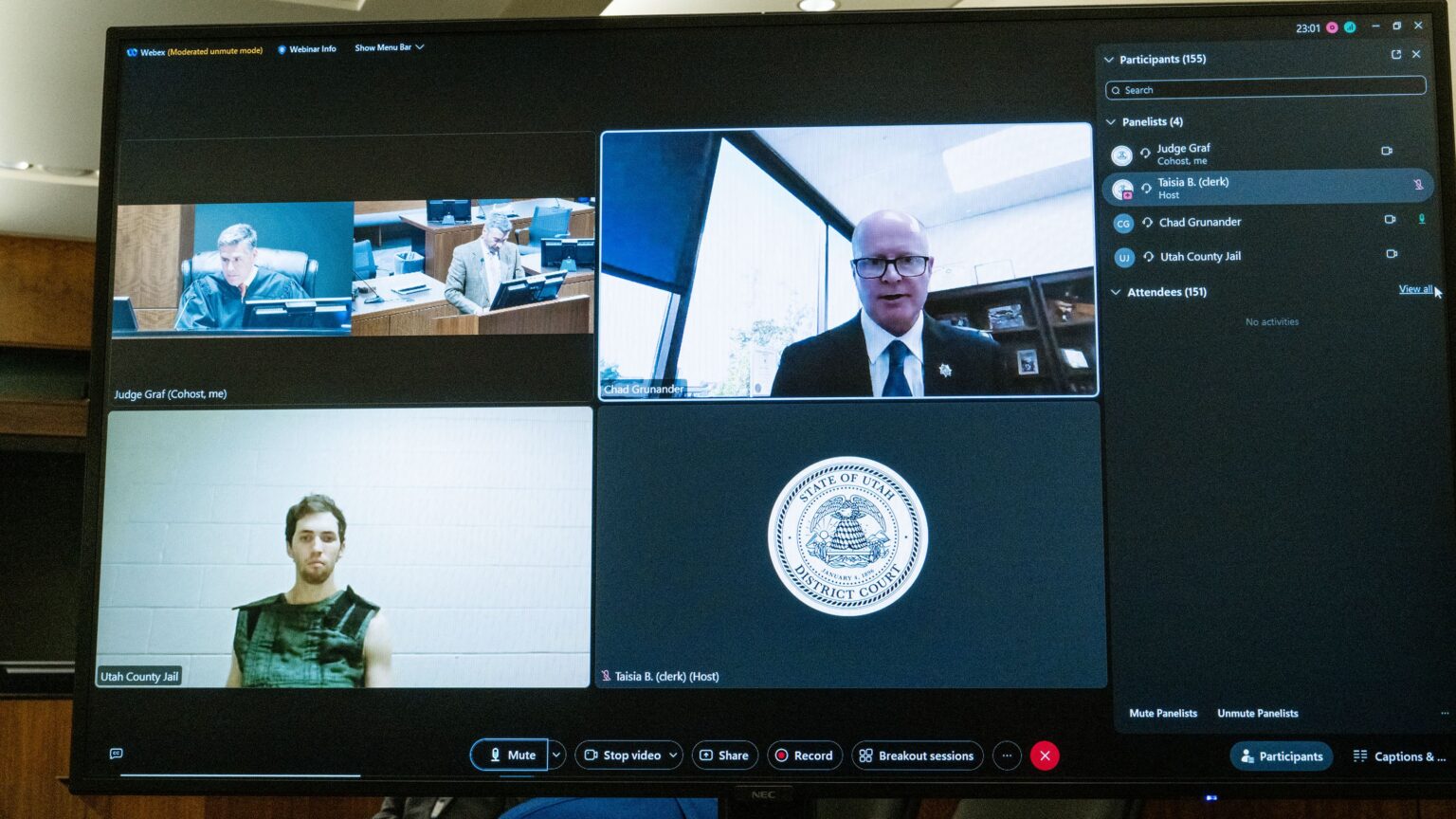
Judge Tony Graf rejected a motion from the alleged killer of Charlie Krik and his defence team, who had sought to have the death penalty removed from consideration. The defence argued that the prosecution faced a conflict of interest, since one of the prosecutors’ daughters was present at the scene of the assassination.
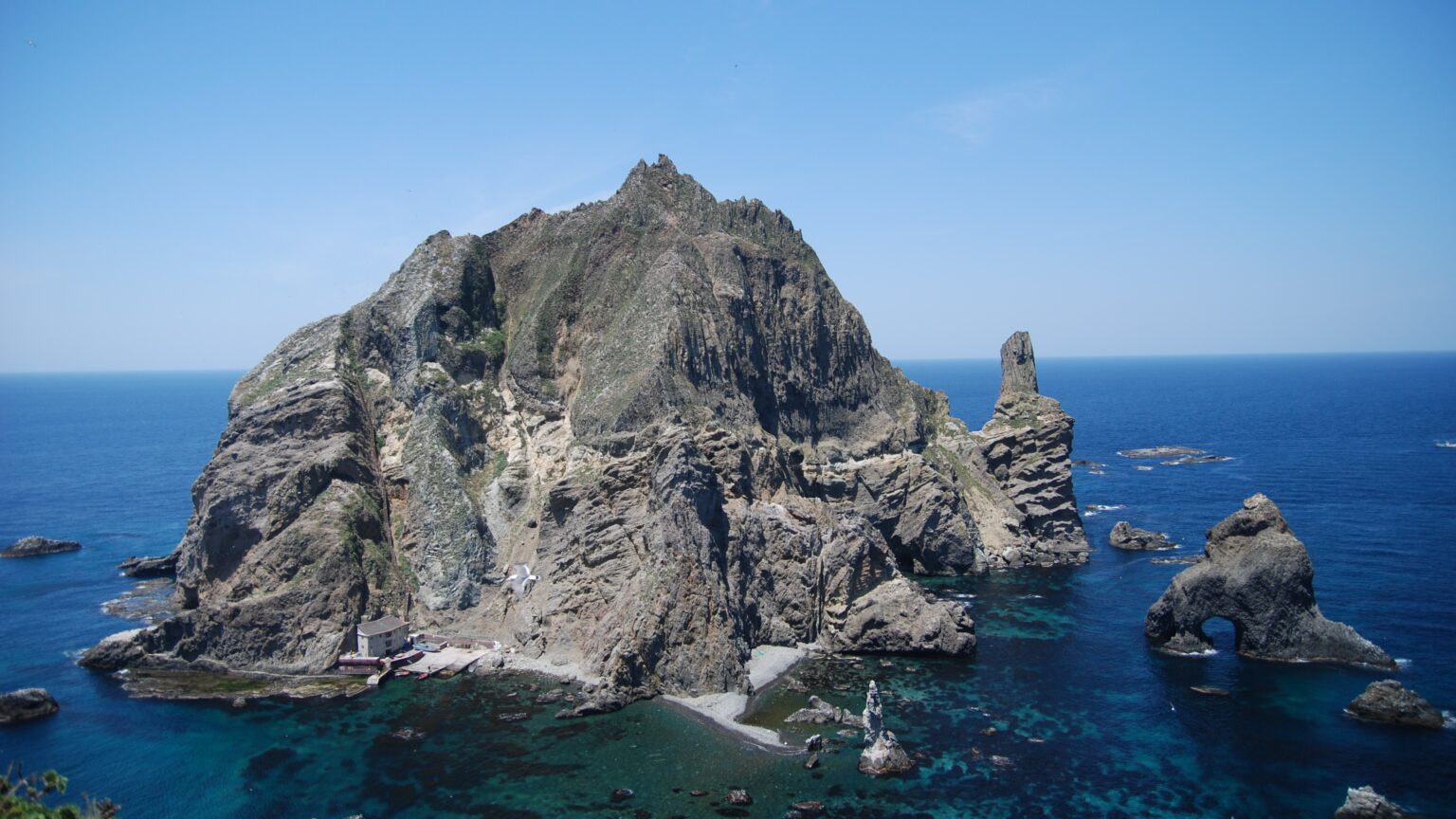
‘The dispute over the islands has long sparked patriotic fervor on both sides, leading to domestic demonstrations in both South Korea and Japan…While contentious, the issue isn’t new, and the event didn’t spark a new debate. Both sides have shown restraint, and it is unlikely to greatly impede the future of South Korea–Japan relations.’
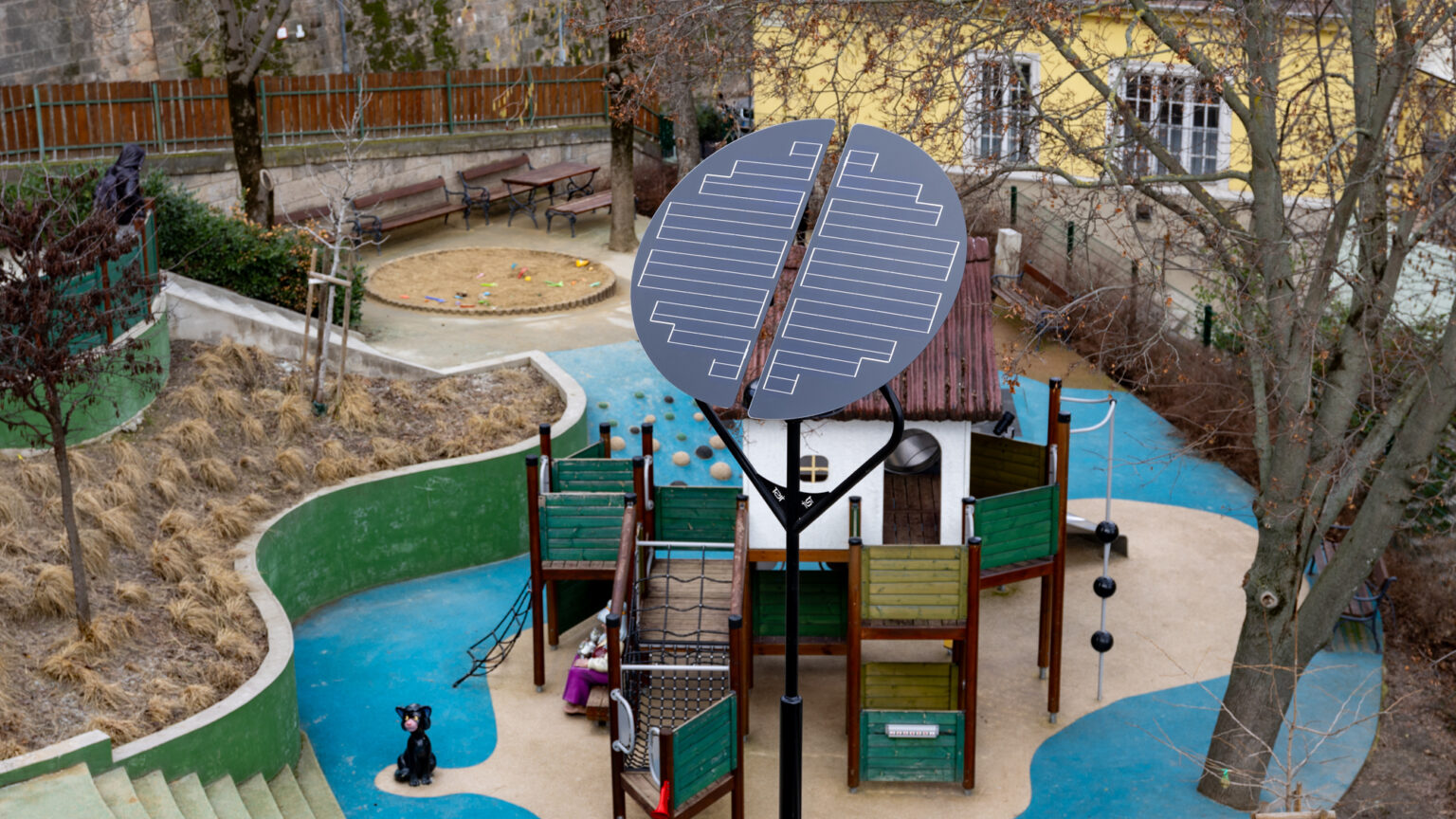
Foreign Minister Péter Szijjártó said Hungary is open to diversifying its energy supply but will not replace cheap and reliable sources with more expensive and less dependable alternatives, warning that doing so would undermine the country’s utility price protections.
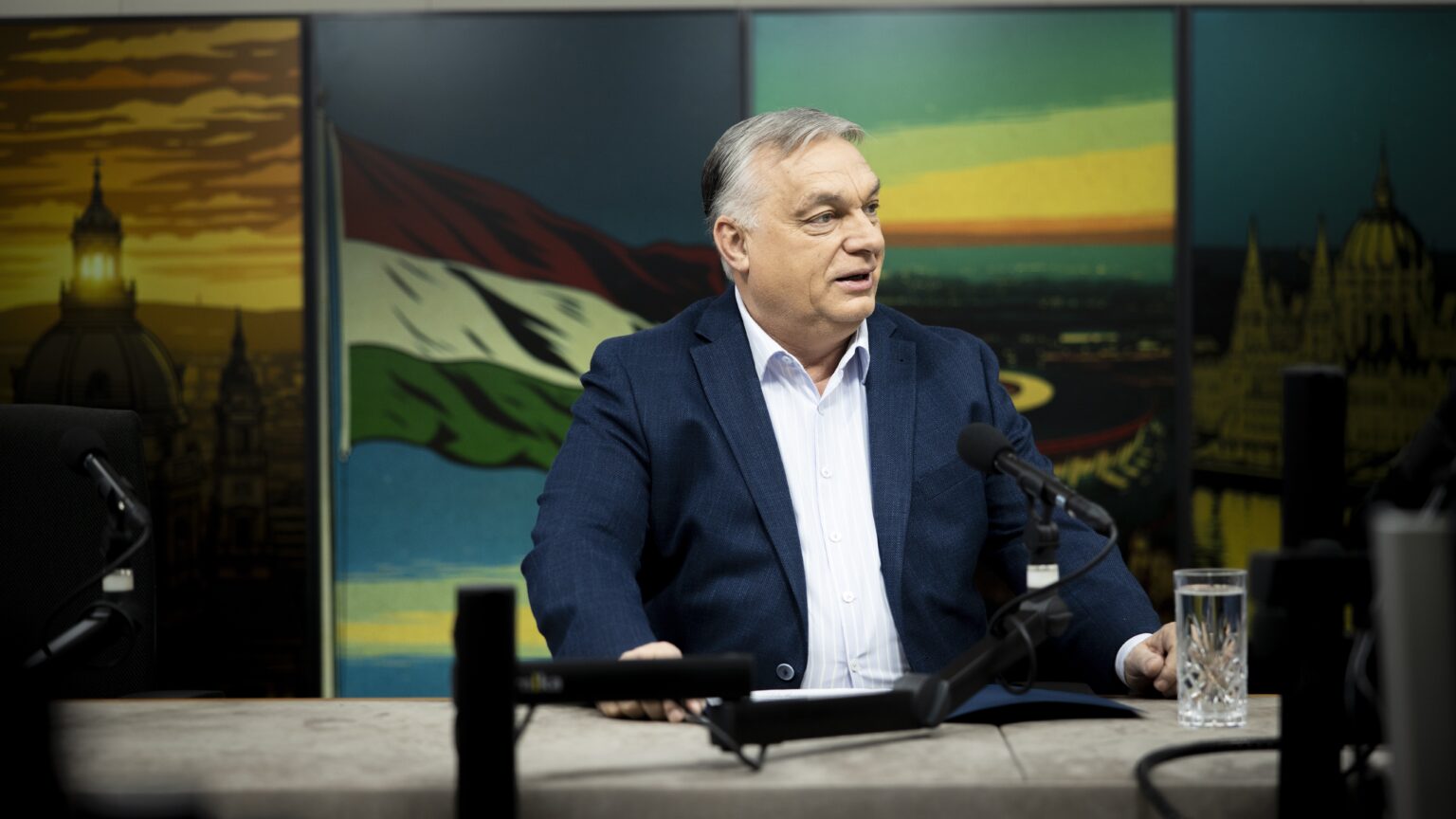
Prime Minister Viktor Orbán said European leaders led by Ursula von der Leyen agreed with President Zelenskyy to continue the war in Ukraine, warning that the conflict has no solution on the battlefield and is costing Europe heavily.
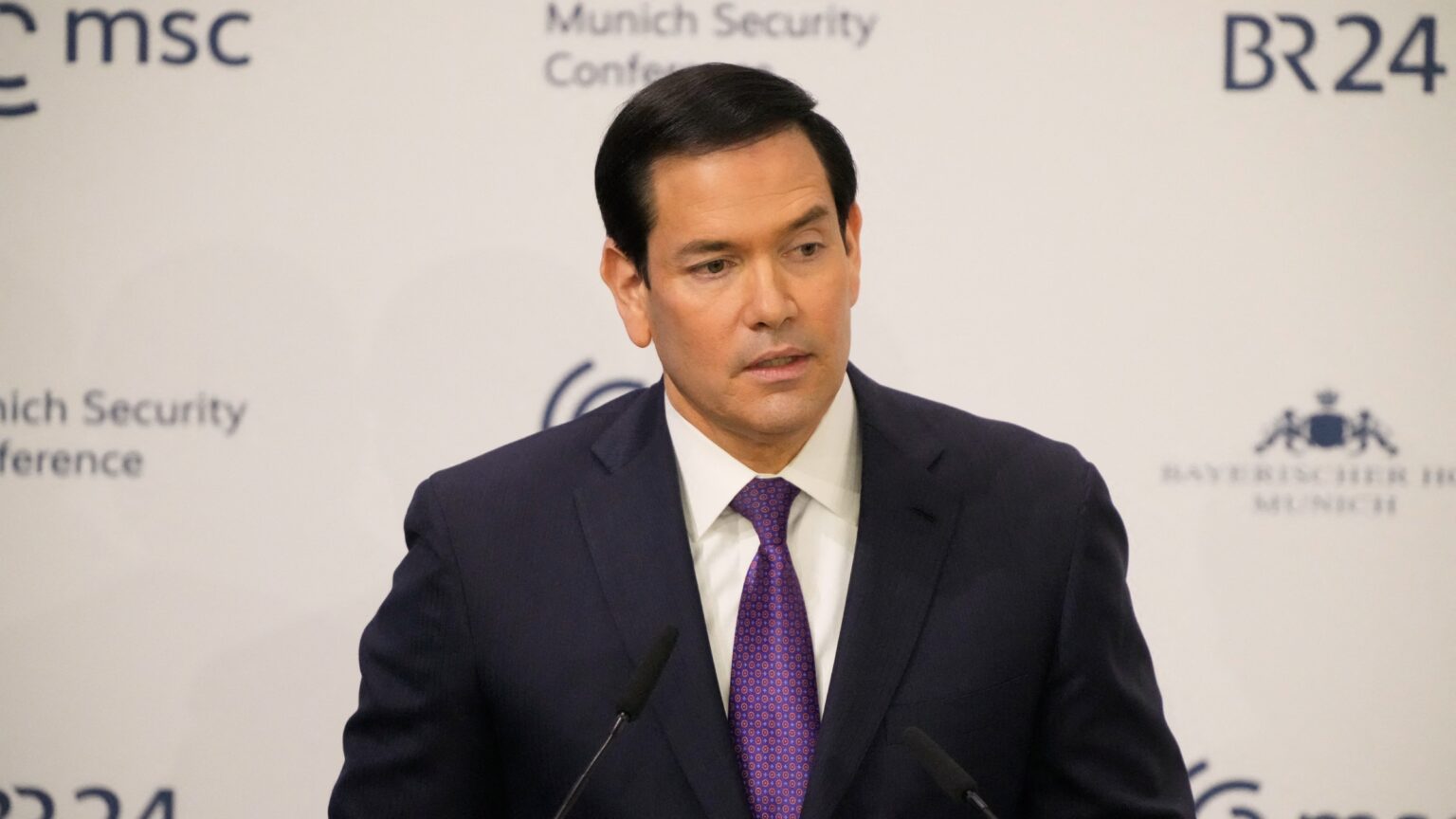
‘In the coming years, the main fault line in European politics will be less political and more historiographic: between those who see the West as having started 2000 years ago, and those who see its birth as intrinsically tied to a 20th-century political model.’
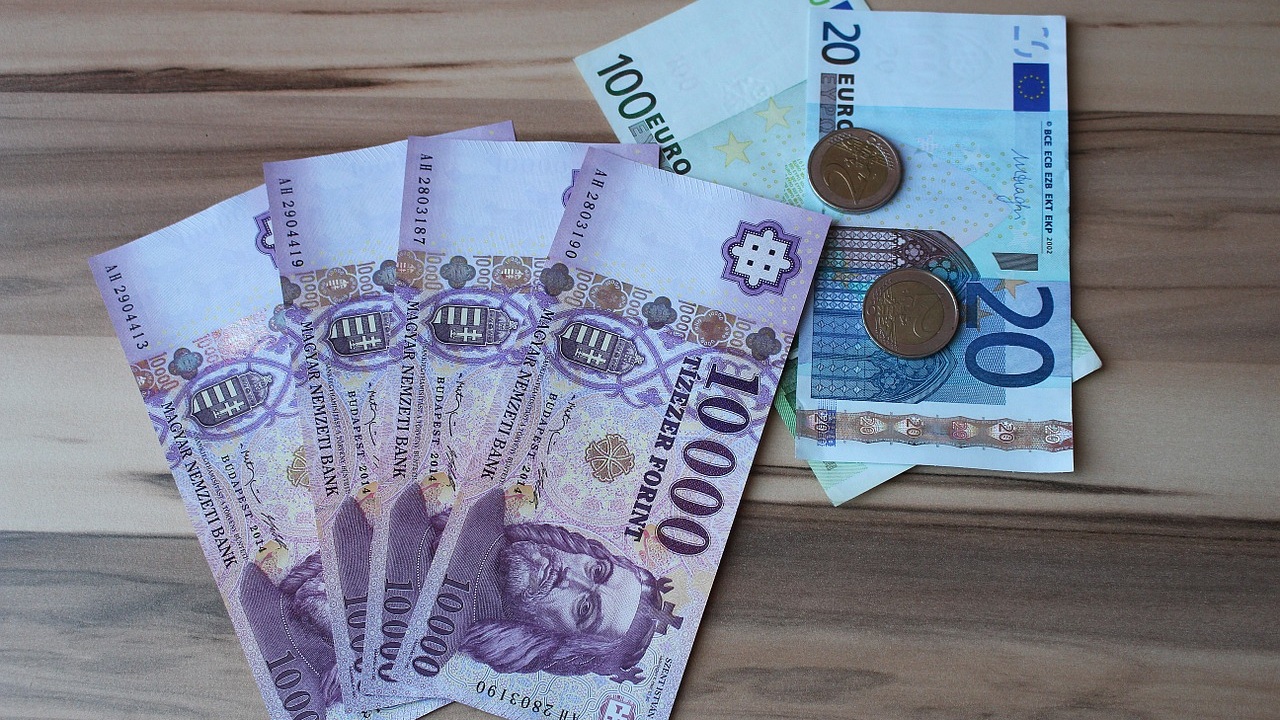
The Hungarian National Bank (MNB) has announced it is cutting its base interest rate by 25 basis points, from 6.5 per cent to 6.25 per cent. This is the first rate cut by the central bank since September 2024. The positive shift in monetary policy was precipitated by a favourable monthly inflation report for January and strong performance of the national currency forint on the foreign exchange markets.
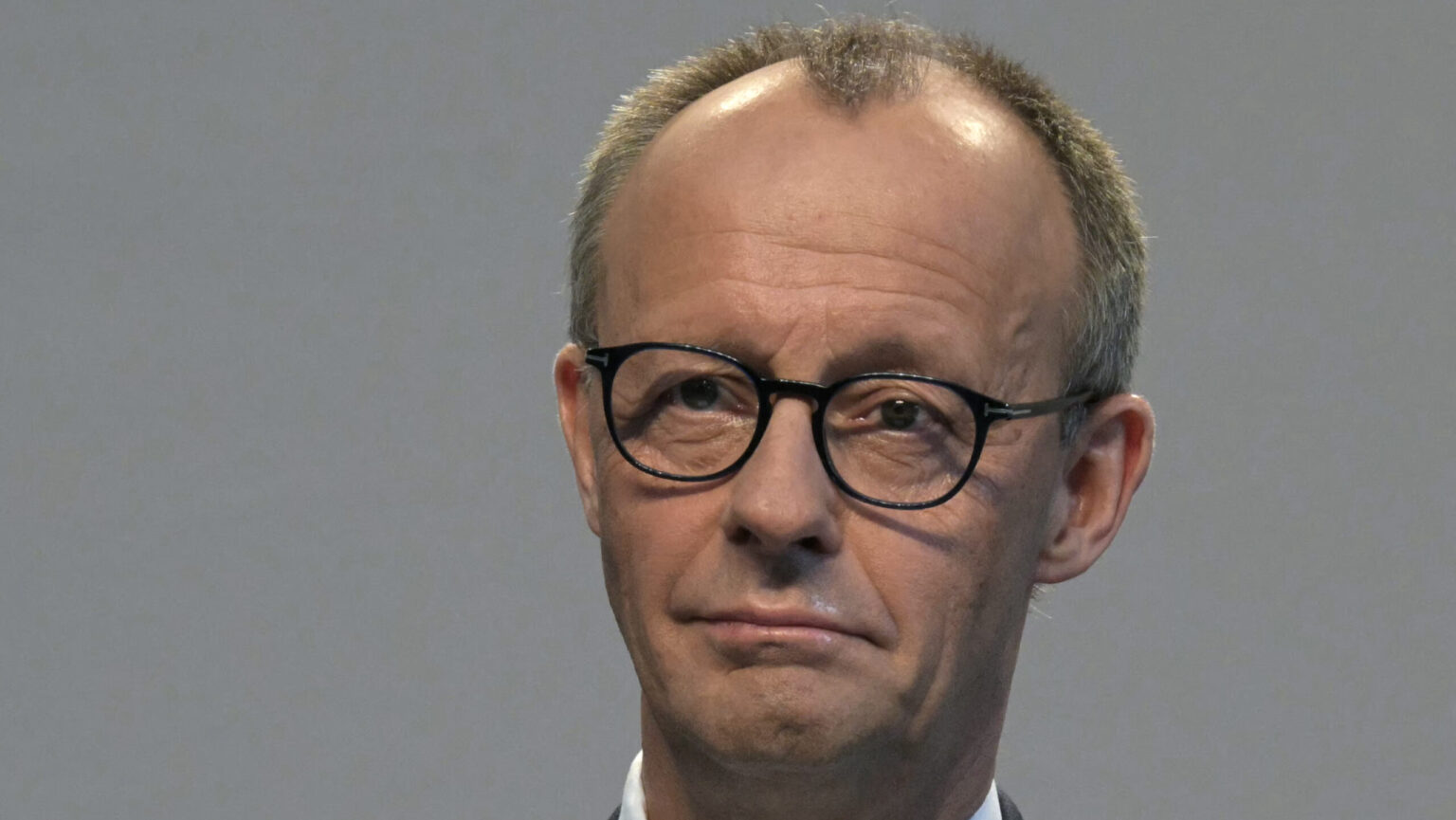
German authorities have launched a criminal investigation against a pensioner in Heilbronn for calling Chancellor Friedrich Merz ‘Pinocchio’ on Facebook, invoking a controversial law on insulting politicians. The case has reignited concerns over free speech in Germany.

‘Illness, war, living costs, and deteriorating public security in Europe currently pose more pressing existential challenges for us than climate change. As of now, this has not always been the case, and one may hope it will not remain so.’
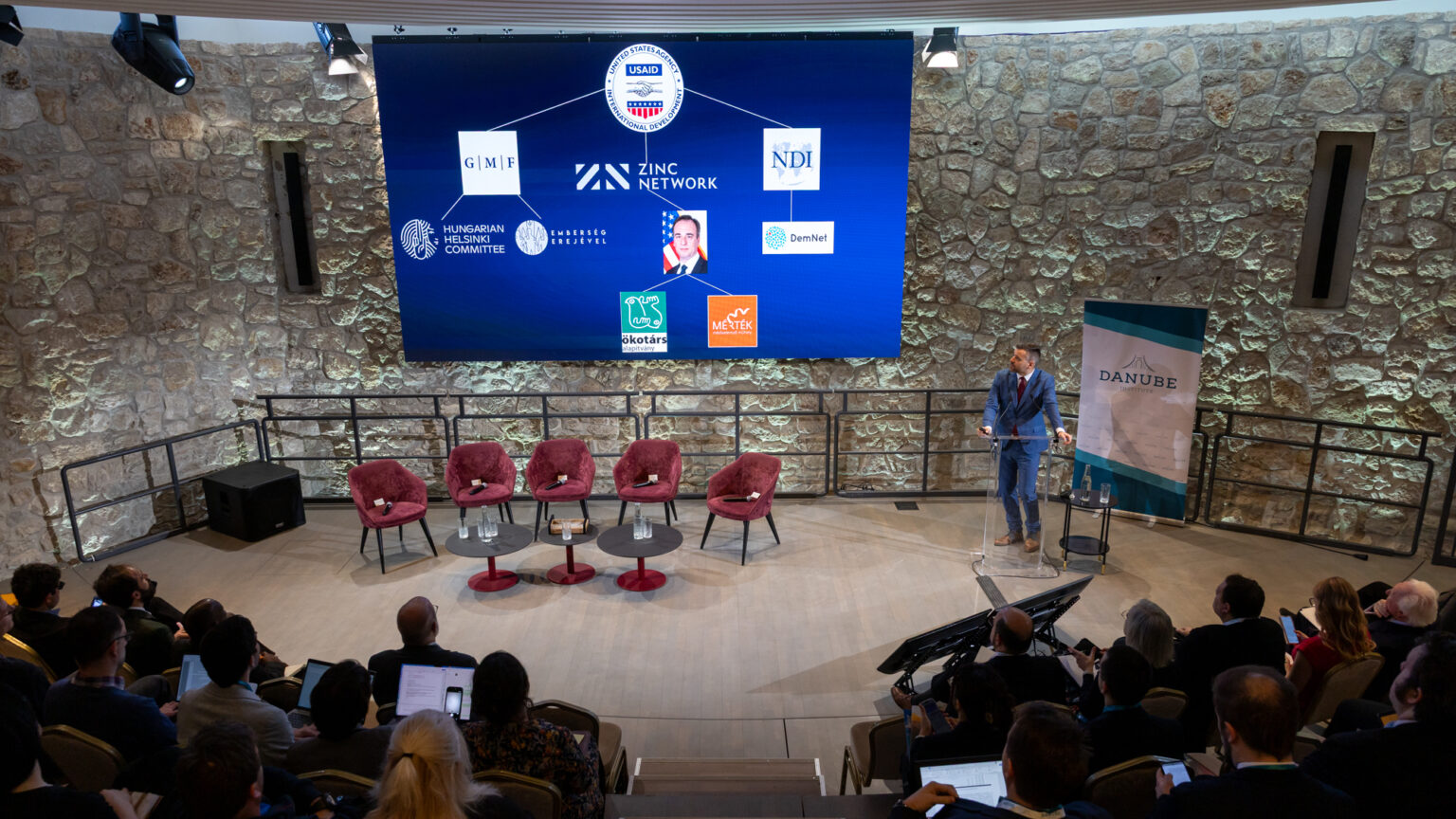
At the Danube Institute’s most recent event, MEP András László and a panel of experts have discussed how foreign aid agencies, such as the now-dismantled USAID, and ‘quasi-NGOs’ use foreign aid as a front to push a progressive agenda, as opposed to actually helping people in other nations.
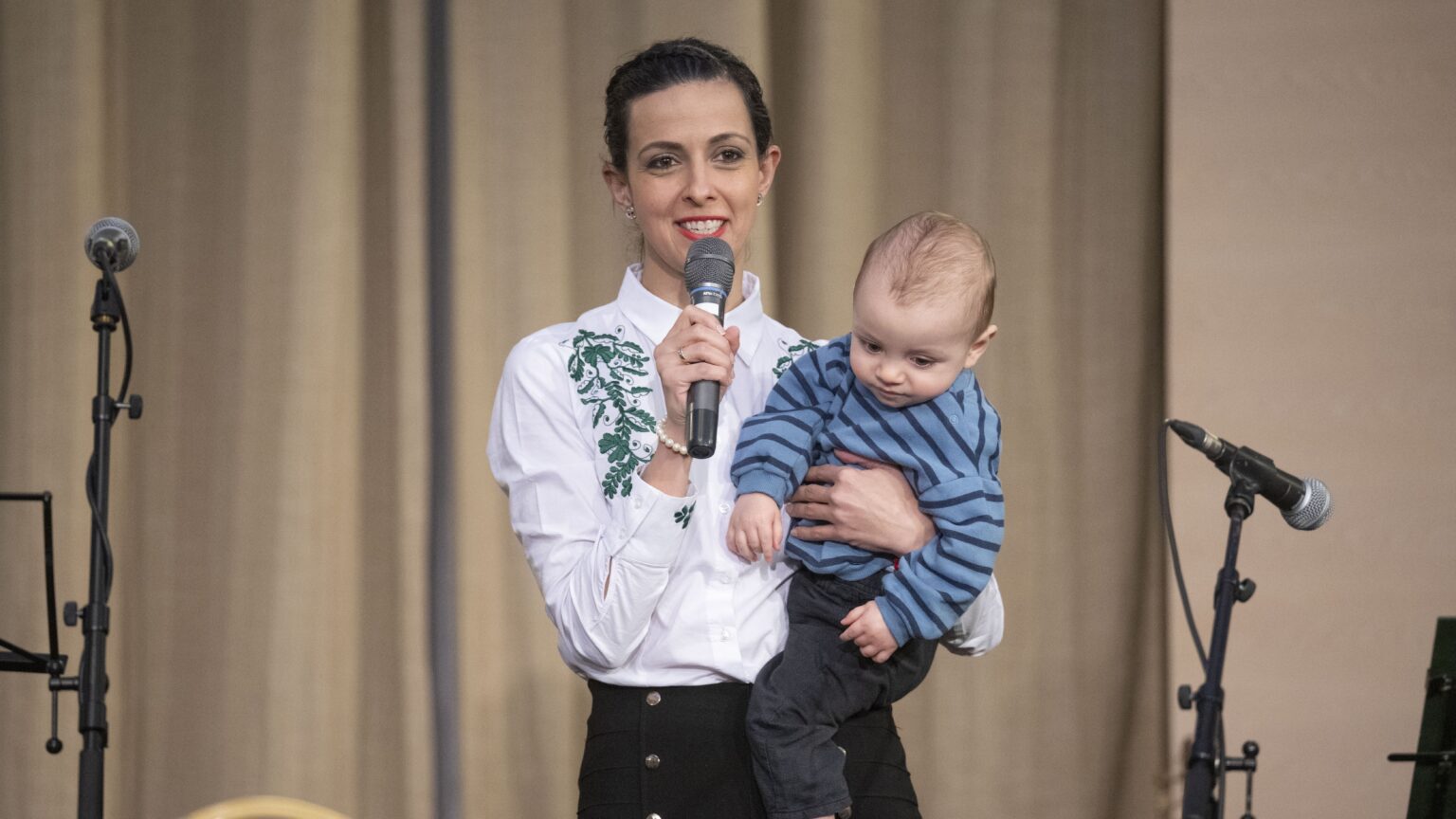
Hungary’s government says it is providing unprecedented support to families, expanding tax exemptions for mothers and increasing funding for family policies while criticizing opposition plans that it claims would dismantle key benefits.
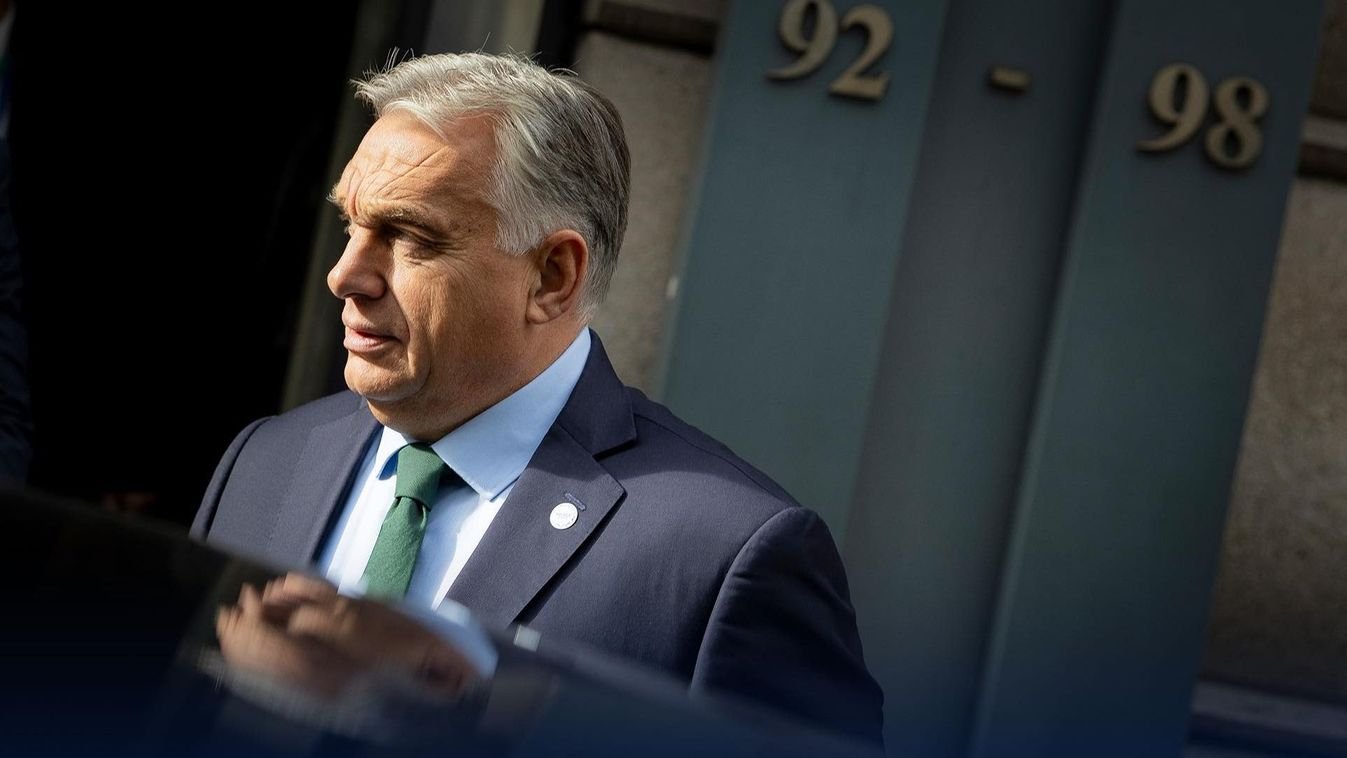
Viktor Orbán pushed back against criticism from António Costa over Hungary’s refusal to back a €90 billion loan to Ukraine, calling the situation ‘absurd’ after Kyiv halted oil transit through Druzhba. Budapest maintains it will not support any Ukraine-related decisions until energy flows are restored.
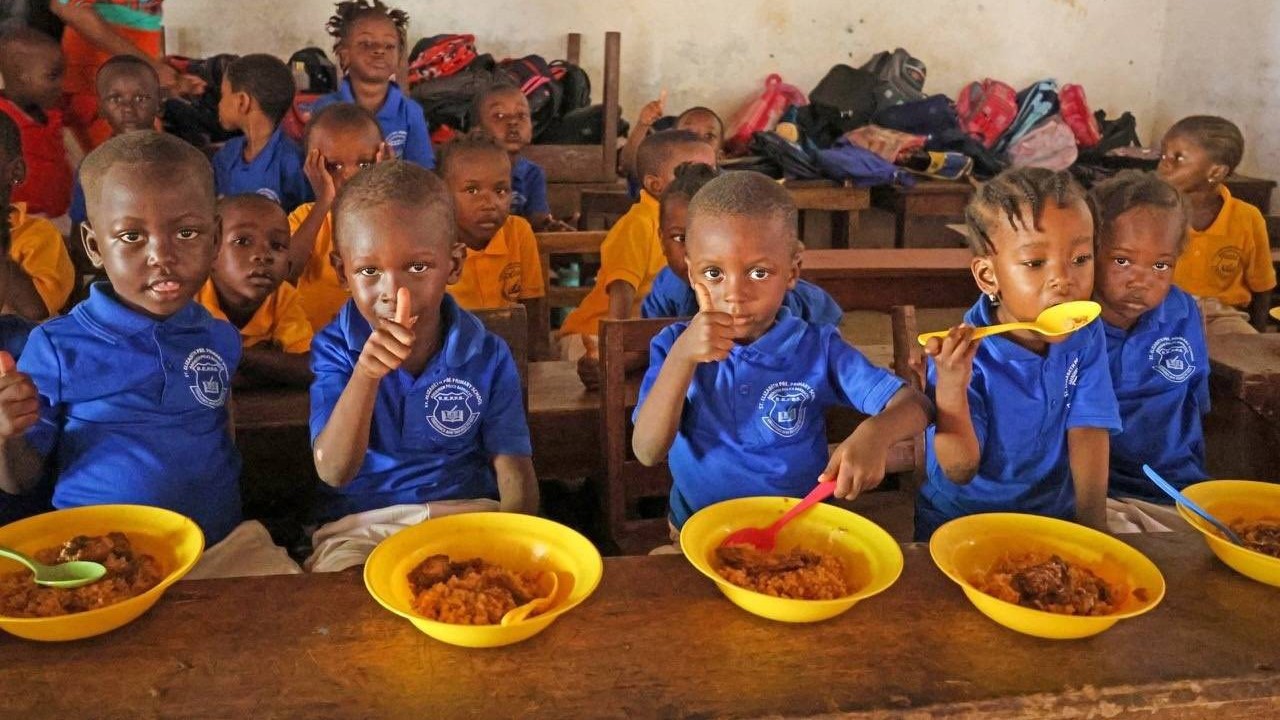
Hungary’s humanitarian strategy was summarized by Prime Minister Viktor Orbán, who once said: ‘Let us not bring the trouble here, but take the help there where the trouble is.’
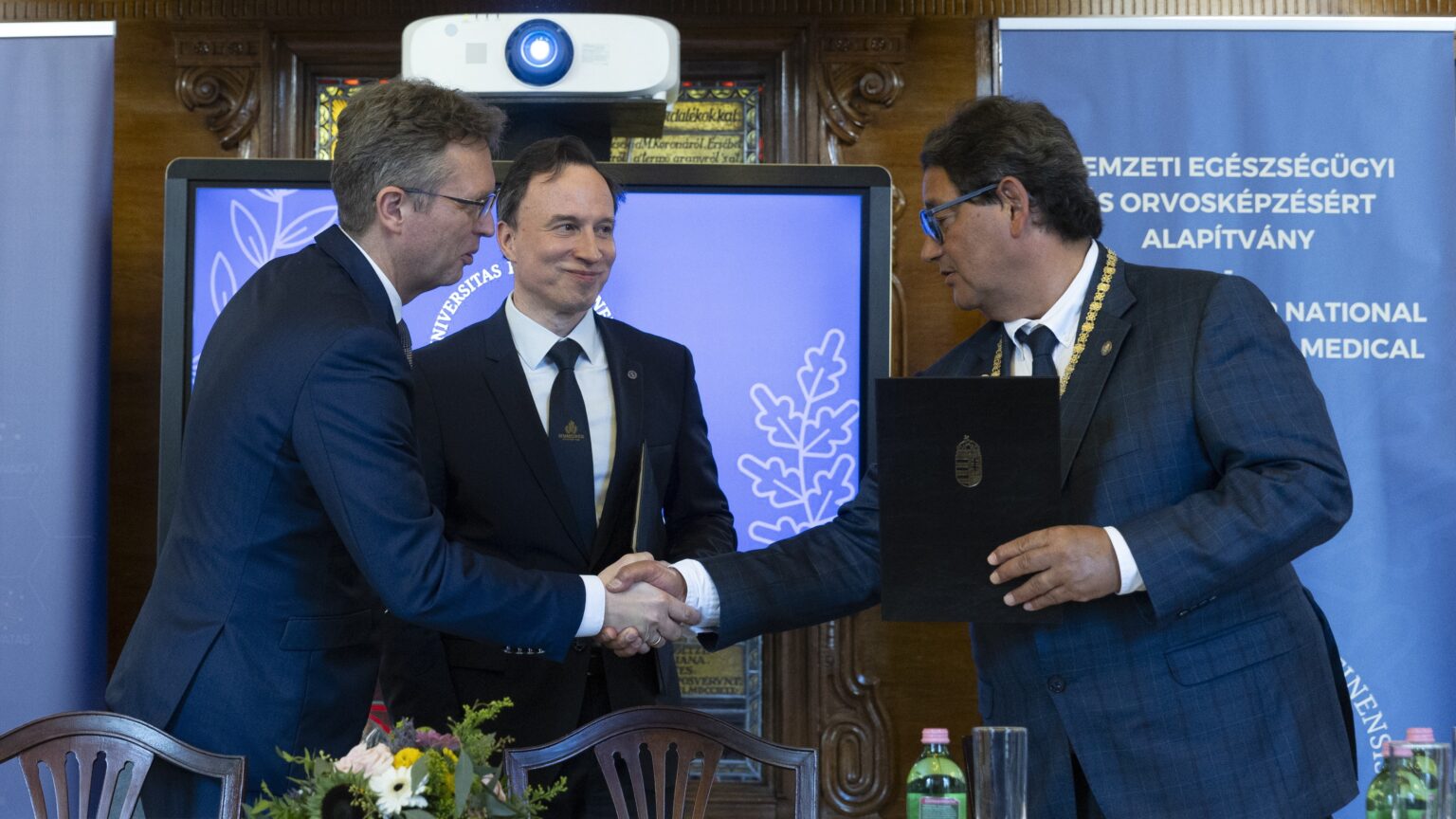
Hungary’s government has signed an agreement enabling cooperation between Semmelweis University and Harvard University, supporting joint training in Budapest and Boston as part of a plan to elevate the Hungarian institution among the world’s leading medical schools.